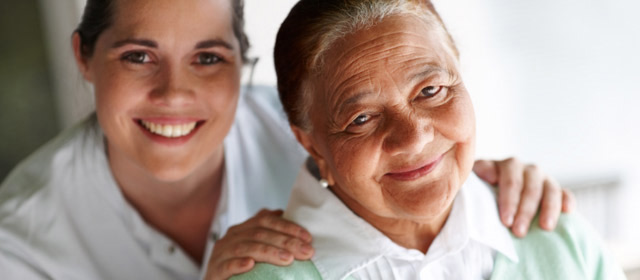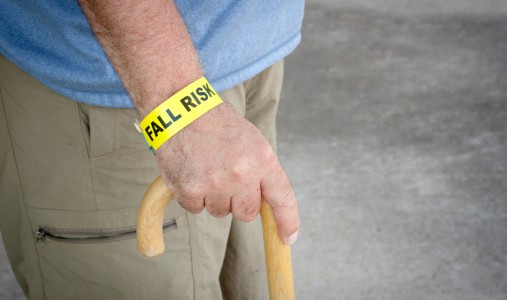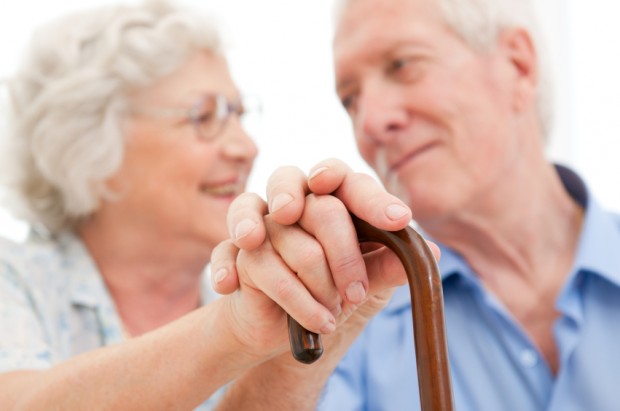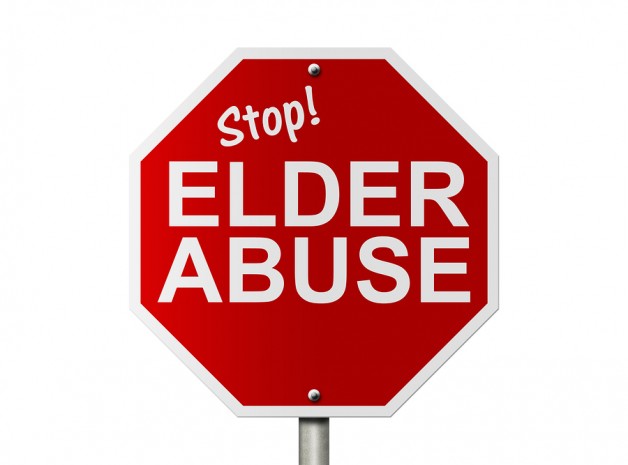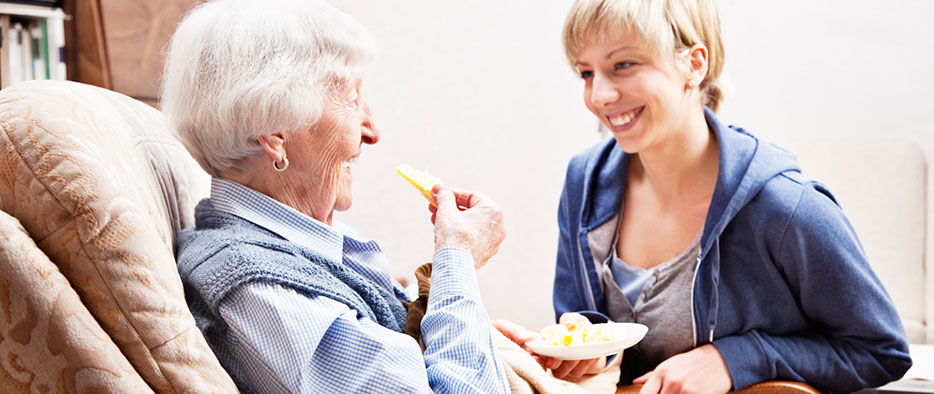Questions to ask an agency:
1. Is your agency licensed by the state?
The states of Maine and New Hampshire require homecare agencies to be state licensed. New Hampshire also requires a state license for independent caregivers. If your family is considering hiring privately for care for your loved one please read our article on this topic "Use Caution When Hiring Independent Caregivers".
2. Will you take care of all required payroll paperwork for my loved one’s caregiver? Are your caregivers all employed by the agency?
The states of Maine and New Hampshire consider you an employer if you independently hire someone to work in your home. There is a large amount of paperwork involved in being an employer. This paperwork covers such matters as taxes, Social Security, workers compensation, disability, and liability insurance. One benefit of hiring an agency is that the agency normally does this for you. Even so, it is good to ask, as some agencies do use independent contractors as caregivers.
3. What kind of training do you provide for your caregivers?
To expect experienced and trained caregivers to work in homecare should be the minimum. However, it is important to ask if the hiring agency is training the caregiver themselves in addition to any formal training or schooling which the caregiver has had. What do they require for continuing education? Abundant Blessings Homecare’s new hire training and continuing education exceeds the state requirements in every area. Our RN is continuously adding and improving our training. We believe providing the very best training and continuing education will assure that our caregivers are the very best caregivers!
4. Do you conduct drug testing on your caregivers?
The states of Maine and New Hampshire do not require drug testing for home healthcare workers. Many homes in which home healthcare services are provided contain controlled substances, therefore we believe drug testing should be a vital part of the hiring process for any home care agency.
5. What kind of background check do you conduct on your caregivers?
Having peace of mind that your loved ones are in good hands is vital when hiring homecare services. The state of NH requires that homecare agencies in New Hampshire conduct only a State of New Hampshire criminal background check, not a Federal background check. They also do not require a motor vehicle driving record check. At Abundant Blessings Homecare we believe that State, Federal and Motor vehicle record checks are all essential when hiring homecare for a loved one. We run all three checks on all our caregivers. These additional checks are an added expense during the hiring process but we feel they are essential for peace of mind for your family. It is possible for someone to have a criminal record in another state which would show up on a Federal check and yet their New Hampshire background check would return "clear". We also believe motor vehicle background checks are imperative because often times home healthcare workers provide transportation for their clients.
6. Are your employees insured and bonded?
The state of New Hampshire requires insurance of homecare agencies, but not bonding. However, insurance does not cover theft; bonding does. Also, not all liability insurance is the same. You could ask the agency for a copy of their policy or ask what their liability insurance covers.
7. If at any time my loved one needs more hours of care (eg: 24 hour a day), or if a caregiver should call in sick, do you have the staff for coverage?
Any agency you hire should have enough staff to cover these situations should they arise.
8. What is your policy regarding sending a caregiver to my loved one’s home whom my loved one has never met?
It is not safe for an elderly person to be answering the door to total strangers. An agency should have a policy in place regarding the meeting of new caregivers. Abundant Blessings Homecare never sends new caregivers to a home blindly; we always conduct a “meet and greet”.
9. What kind of supervision do you provide?
Once a caregiver is placed in the home of your loved one, ongoing supervision of that caregiver needs to be provided. How often can you expect a Care Manager/Supervisor to be available? Your family is assigned a Care Manager who you will get to know and trust as your go to person. At Abundant Blessings Homecare our phone number is always answered 24/7 by a real person and if your Care Manager is off when you call, you will be connected with whomever is providing coverage. In addition, we conduct drop in visits just to see how things are going on a regular basis.
10. What kind of service agreement is required? What are your minimum number of hours?
All agencies have different policies. Find out what is required to be sure it will work for the needs of your loved one.
11. What is your method for tracking a caregiver’s arrival and departure from a clients home?
The agency should have a system in place for this that works for you and your family.
12. What are your hours of operation, and how are phone calls handled during odd hours?
Abundant Blessings Homecare is available by phone 24/7, and is always answered by a real person!
13. Do you provide a written plan of care which clearly describes any rates and fees?
The state of New Hampshire has requirements which must be on the plan of care. The plan of care should be thorough and well explained to your family.
14. How soon can you start services?
Your family may need homecare right away, yet the homecare agency may be too busy or too small to handle a quick start. They may need time to schedule services. This is a very important question to ask.






